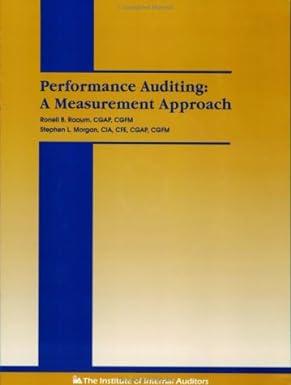please DO NOT BE STUPID
I know there is A WRONG answer for this question in chegg but I want R input
here is the package and data
/var/folders/64/t67pwpy165sbvnbgx6_yyznw0000gn/T//RtmpQmWnyp/downloaded_packages

Import the data set "prostateSurvival" from the "asaur" package in R software. The dataset contains survival times from prostate cancer diagnosis to death from prostate cancer (event of interest). Those patients who were alive at the end of the study or died from other causes are considered to be censored. Type in "?prostateSurvival" to see the description of variables used in the dataset. The variables of interest are "grade", "stage", "ageGroup", "survTime", and status" (a) Adjust the variable "status" to accommodate the type of censoring indicator that we use (b) Fit a Cox's proportional hazard model to the give data and answer the following questions (i) How does the hazard of a poorly differentiated patient compare to that of a moder- for a Cox's model [2 marks] (take the level of significance to be 0.05) ately differentiated patient [6 marks] (ii) Do you think the variable "stage" is significant in explaining hazards of different patients? Justify your answer by carrying out a suitable test of hypothesis. Make sure to draw appropriate conclusion from the test results [8 marks] (iii) Does the information-based criteria help you to draw similar conclusion. Explain (iv) Based on your conclusion in (ii) above, how would you compare the lifetime of (v) Since the variable "ageGroup" has four levels, you must have created three dummy your answer [5 marks] patients belonging to different stages [8 marks] variables corresponding to it. How would you comment on the three p-values corre- sponding to these three dummy variables. Is there any way you can come up with a general conclusion regarding "ageGroup"? [16 marks] Import the data set "prostateSurvival" from the "asaur" package in R software. The dataset contains survival times from prostate cancer diagnosis to death from prostate cancer (event of interest). Those patients who were alive at the end of the study or died from other causes are considered to be censored. Type in "?prostateSurvival" to see the description of variables used in the dataset. The variables of interest are "grade", "stage", "ageGroup", "survTime", and status" (a) Adjust the variable "status" to accommodate the type of censoring indicator that we use (b) Fit a Cox's proportional hazard model to the give data and answer the following questions (i) How does the hazard of a poorly differentiated patient compare to that of a moder- for a Cox's model [2 marks] (take the level of significance to be 0.05) ately differentiated patient [6 marks] (ii) Do you think the variable "stage" is significant in explaining hazards of different patients? Justify your answer by carrying out a suitable test of hypothesis. Make sure to draw appropriate conclusion from the test results [8 marks] (iii) Does the information-based criteria help you to draw similar conclusion. Explain (iv) Based on your conclusion in (ii) above, how would you compare the lifetime of (v) Since the variable "ageGroup" has four levels, you must have created three dummy your answer [5 marks] patients belonging to different stages [8 marks] variables corresponding to it. How would you comment on the three p-values corre- sponding to these three dummy variables. Is there any way you can come up with a general conclusion regarding "ageGroup"? [16 marks]







